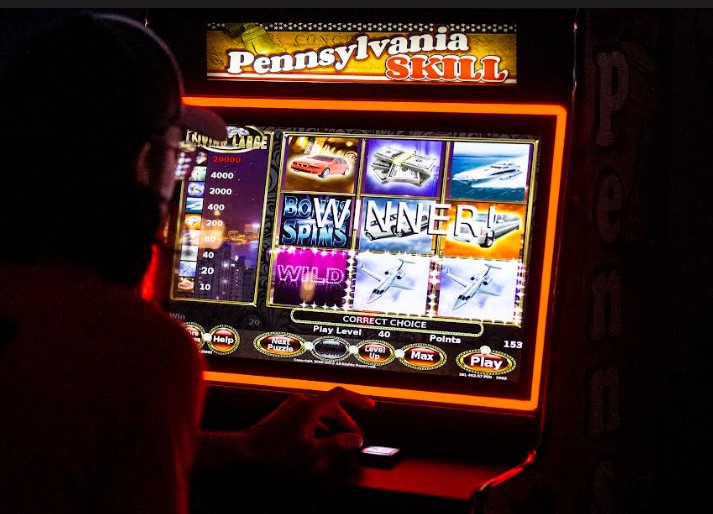YAW: Moving Beyond the False Rhetoric of Legal Skill Games

These days, it’s easy to put a spin on something and pedal it as if it is the undisputed truth.
Take legal skill games, for example. Fear-mongering arguments pushed by the Pennsylvania Lottery and casino industry take great efforts to ignore both the facts and the law.
A recent Pennlive editorial claimed, “Gambling in Pennsylvania needs the strong oversight only casinos can guarantee.” PennLive’s Editorial Board apparently is of the opinion that the lottery should be run by casinos.
What I hope might finally put an end to the false narratives is legislation I have introduced to regulate and tax skill games – establishing stringent rules for operating the games, generating an estimated $250 million annually in state taxes and ridding Pennsylvania of the growing scourge of illegal video gambling terminals.
Opponents of skill games always fail to mention the regulatory framework put forth in my legislation and the many court decisions declaring games of skill legal in Pennsylvania.
During recent state budget hearings, the lottery claimed skill games impact their revenue. In reality, the Pennsylvania Lottery has hit record profits of more than $1 billion for 11 consecutive years.
A study by respected economist and Villanova University professor Peter Zaleski, and commissioned by skill games technology company Pace-O-Matic, discovered the five-year growth rate of lottery sales before skill games entered the state market – from 2010-2015 – was 4.5 percent.
For the five-year period of 2016-2021, when people were playing legal skill games, the lottery growth rate increased to 5.1 percent. The findings also showed lottery sales are higher in Pennsylvania counties with a larger number of skill games. That data is echoed by location owners who say their lottery sales increased once they added the games.
Like the lottery, casinos are reporting record profits. Yet, they see a couple of skill games at a neighborhood establishment, like Zembies Sports Bar in Harrisburg, and they scream competition.
Why all the opposition to skill games? For the lottery and casinos, they don’t want even a whiff of what they perceive as competition. Sadly, they could not care less if their stance hurts the many small businesses, veterans’ groups, volunteer fire companies or other organizations that have come to rely on the supplemental income generated by legal skill games.
Casinos love to act as though they alone have dealt with age restrictions. Yet each day, bars and restaurants, as well as convenience and grocery stores, are responsible for selling tobacco and alcohol products exclusively to adults.
You already need to be 18 to play legal skill games in the state, but my legislation would codify that restriction into law and include a valid identification requirement for pay-out, protecting businesses and children alike. Meanwhile, lottery machines that don’t require person-to-person counter sales will continue to go essentially unmonitored in grocery and convenience stores.
Regarding child safety, instead of worrying about a few skill games, the casino industry should spend time on its crisis — making sure fewer children are left in cars in their parking lots. The Pennsylvania Gaming Control Board reports that from the start of 2022 through May 2023, there have been 370 incidents of adults leaving children unattended so they could gamble at Pennsylvania casinos. The incidents involved nearly 600 children.
Even though casinos and the lottery have experienced record earnings, it is clear people like to play skill games; they provide a different, unmet experience from casinos or the lottery. Perhaps that’s because some people want to play a game that requires some thinking and a learned skill and have an opportunity to win. Maybe players just get tired of scratching.
More importantly, while casino and lottery games can be played from virtually anywhere at any time on a cell phone, skill games require the player to come in the front door and play in-person, on the premises, where the game is located. If you want to know why this matters, just walk into a neighborhood market, a family-owned restaurant or a VFW. Skill games, unlike glitzy casinos, are neighborhood- and small business-oriented.
There is already plenty of public support for legal skill games.
We now must pass legislation that will provide accountability, regulation and enforcement of the games, along with tax money that benefits the state.
My bill is an opportunity to benefit small businesses, support community groups and increase state revenue. Opportunities like this don’t come along often.
It’s time to move beyond all the false rhetoric.
Please follow DVJournal on social media: Twitter@DVJournal or Facebook.com/DelawareValleyJournal


